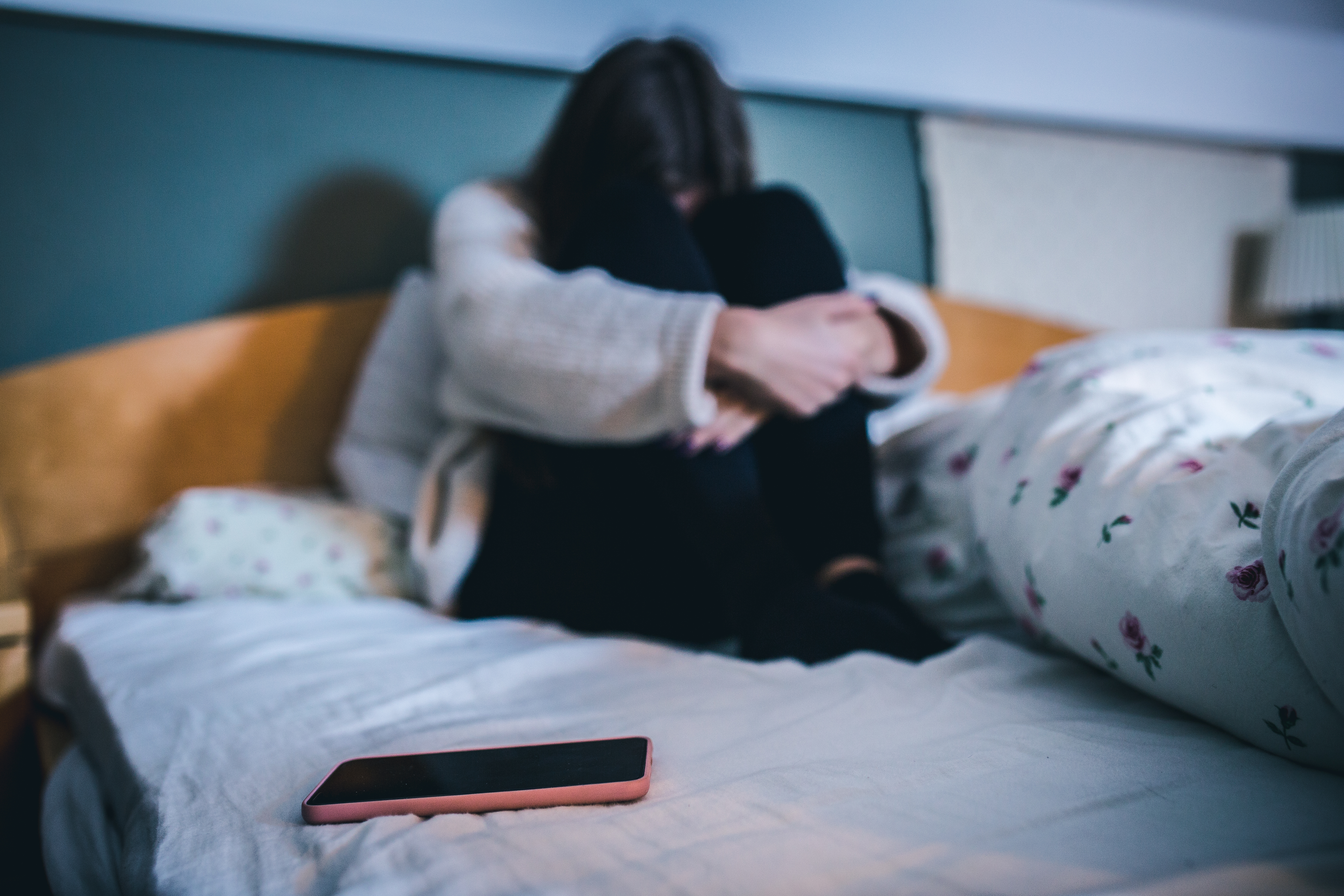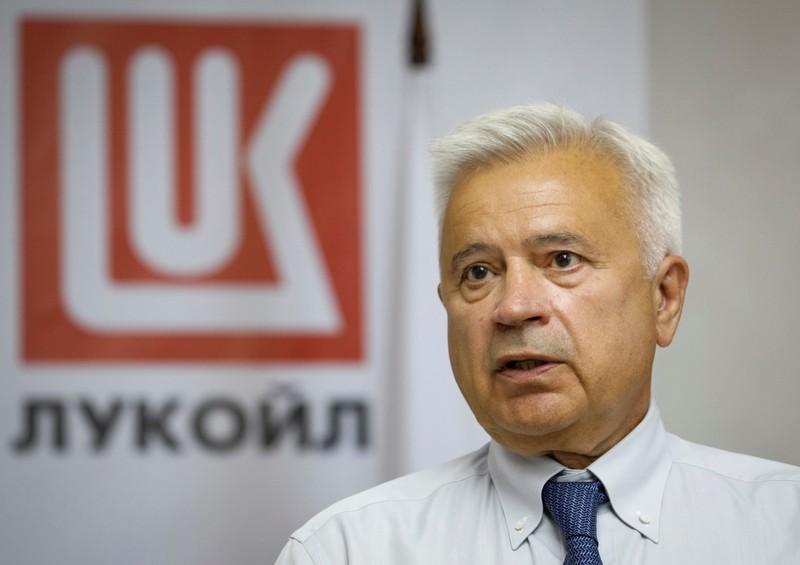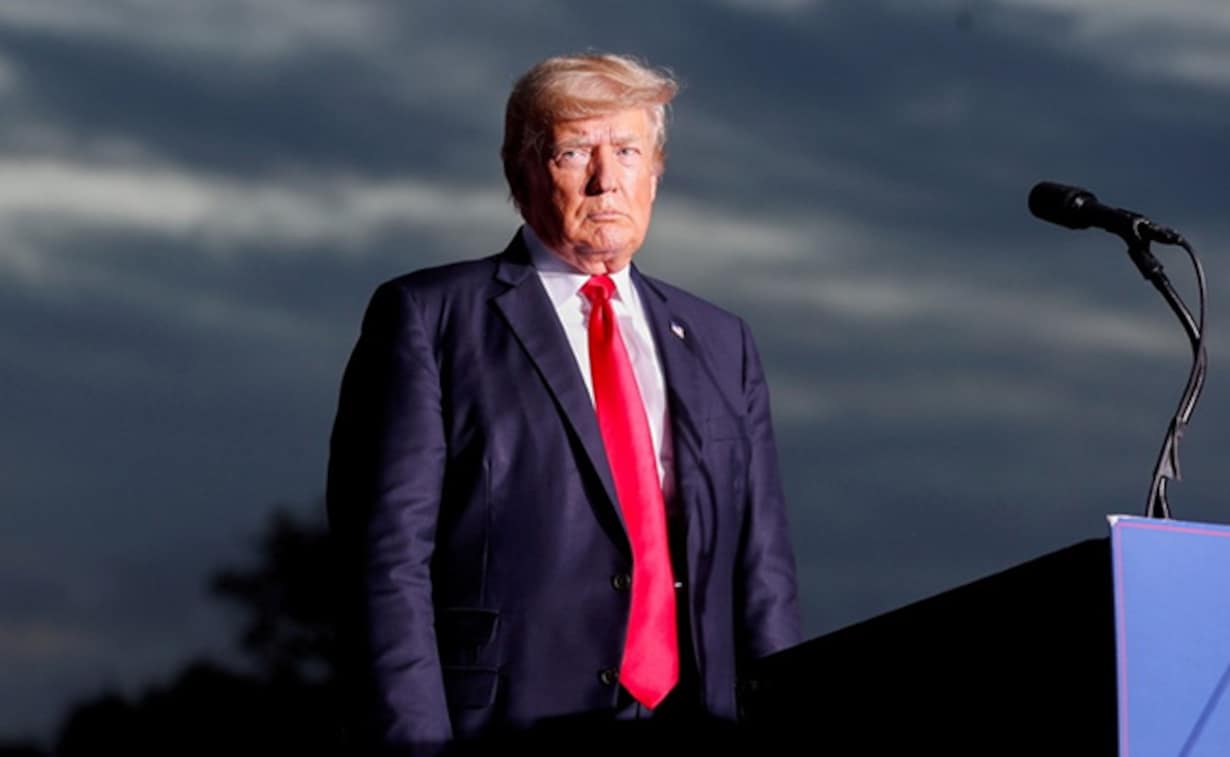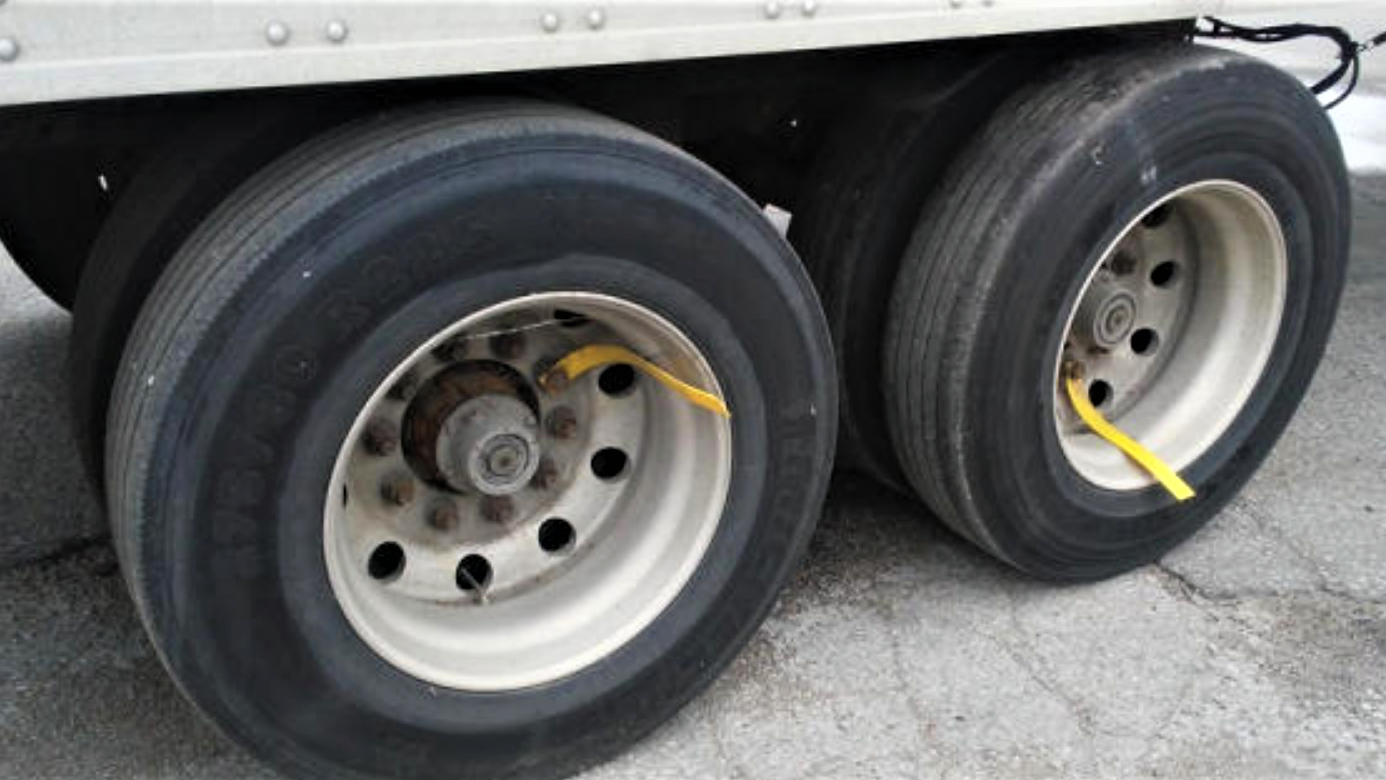
The Washington Post is reporting that More than 4 in 10 told the health agency they felt ‘persistently sad or hopeless’:
Although young people were spared the brunt of the virus — falling ill and dying at much lower rates than older people — they might still pay a steep price for the pandemic, having come of age while weathering isolation, uncertainty, economic turmoil and, for many, grief.
In a news conference, Kathleen A. Ethier, head of the CDC’s division of adolescent and school health, said the survey results underscored the vulnerability of certain students, including LGBTQ youth and students who reported being treated unfairly because of their race. And female students are far worse off than their male peers.
Moriah Balingit
This situation if the result of the destruction of the social network of relations due to the modern lifestyle. To have meaningful social relations with our peers is extremely important for humans and even more so for teenagers.
First the modern lifestyle mostly destroyed the small communities where people know each other and spend a lot of time together. People began to stay in their house all the time with no contacts with a community. At this first stage, as the local community was eliminated, the remaining pillars of social relations were school, for young people, and work for adults. Adults were able to maintain some degree of additional social life by having some friends and inviting them regularly to create the opportunity to meet.
Later come all the smartphones, tablets, computers, social networks that captivated all the attention, especially of young people so even more so people were pushed to stay more at home and meet less people further increasing the social isolation.
The final blow came from the COVID-19 confinement were people were forced to stay at home reducing social contacts only to the close family members. This situation created an unsustainable isolation raising serious mental health problem especially for teenagers but also for adult people.
Modern society got it all wrong. We think having more goods and entertainment to consume make us happier but this is not how it works. Not if the social life and the social network around us is poor or non-existent.
We need to radically change modern lifestyle and stop with chasing materialism and showcasing wealth. The pandemic, I hope, has shown us that we need to re-orient ourselves to family, friends and community.




